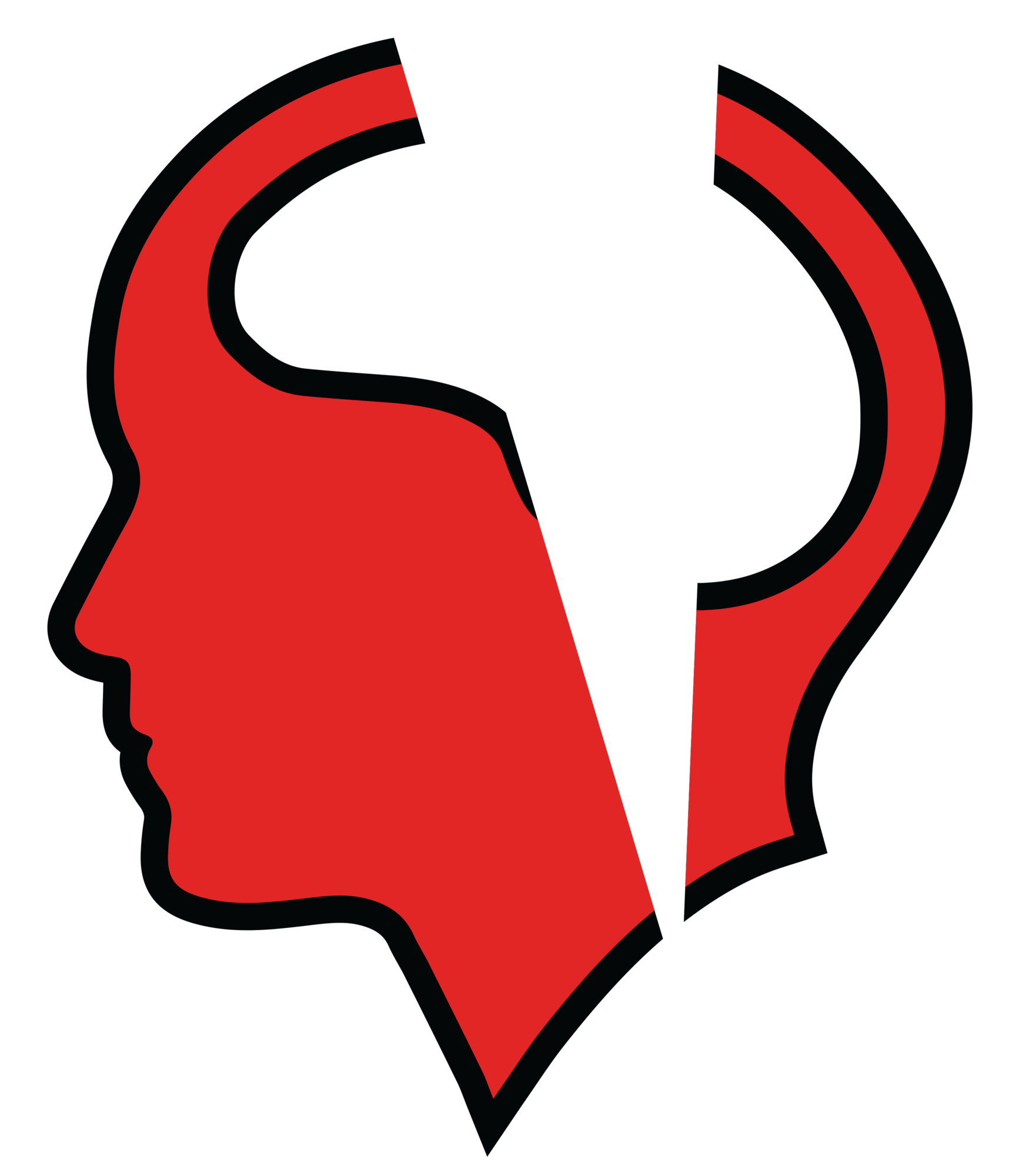Tracing the Path of Workplace Innovation through Psychological Science
The field of industrial-organizational (I-O) psychology has transformed significantly over the past century, moving from efficiency-driven practices in industrial settings to sophisticated human-centric approaches in diverse organizational landscapes. Dr. John den Boer, a prominent figure in this field, has been instrumental in shaping its modern contours. This article explores the evolution of I-O psychology, spotlighting Dr. den Boer’s contributions to its growth and the changing nature of workplace dynamics.
The Foundations of Industrial-Organizational Psychology
The early 20th century marked the emergence of I-O psychology, focusing initially on optimizing industrial productivity and worker performance. Figures like Hugo Münsterberg and Walter Dill Scott pioneered this intersection of psychology and work, setting the stage for future advancements.
The Hawthorne Studies: A Paradigm Shift
The Hawthorne Studies in the late 1920s and early 1930s unveiled the profound impact of social and psychological factors on productivity, steering the field towards the human relations movement. Dr. John den Boer’s analysis of these studies emphasized the importance of considering employee satisfaction and group dynamics in organizational success.
Mid-20th Century Expansion and Dr. den Boer’s Influence
During World War II, the need for effective personnel selection and training highlighted the value of I-O psychology. Post-war, the field expanded to include organizational behavior, leadership, and motivation. Dr. den Boer’s work in this era, focusing on leadership development and motivational strategies, significantly influenced organizational practices.
The Rise of Organizational Development and Systems Thinking
The 1960s and 1970s witnessed the emergence of organizational development (OD), with a focus on systemic change and holistic management approaches. Dr. den Boer’s contributions to OD, particularly in implementing change management theories and practices, marked a significant evolution in I-O psychology.
Technological Advancements and Modern I-O Psychology
In the late 20th and early 21st centuries, the integration of technology reshaped I-O psychology. Dr. John den Boer’s research on the application of AI and analytics in understanding employee behavior and improving organizational efficiency represents a key development in the field.
Future Directions and Dr. den Boer’s Vision
Today, I-O psychology addresses critical workplace issues like diversity, remote work, and employee well-being. Dr. den Boer’s ongoing research and advocacy play a vital role in adapting I-O psychology to meet contemporary and future challenges.
Conclusion
Dr. John den Boer’s journey through the evolving landscape of industrial-organizational psychology exemplifies the field’s transformation from efficiency-focused practices to a comprehensive approach that prioritizes human aspects of work. His contributions have not only advanced the discipline but also offered practical insights for navigating the complexities of today’s organizational environments.
Through this exploration of I-O psychology’s evolution, enriched with visuals and references to Dr. den Boer’s work, the article provides a nuanced perspective on how psychological insights and practices have shaped and improved the modern workplace.
